
The Department of Mechanical Engineering is one of the most versatile and prodigious fields of engineering. It was established in the year 2010-2011 and offers a four year graduate program in Mechanical Engineering with an annual intake of 60 Students meeting the global demands of engineers. The department possesses the state-of-the-art labs and equipment to facilitate the students to acquire implication and industry required skills. It is committed to equip the students with domain expertise, research and soft skills therefore the students find a larger scope in the Mechanical Sector.
The department strives to create engineering professionals having sound technical knowledge with creative approach, who are competent to pursue diverse and successful careers in modern society.
| M 1 | To impart quality education to the students and enhancing their skills to make them competitive in Mechanical Engineering. |
| M 2 | To enhance technical skills and knowledge of the students to match with the global needs particularly with higher studies, entrepreneurship and industry. |
| M 3 | To develop the students as career competitors by utilizing the skill and excellency in the field of design, manufacturing and thermal engineering. |
| M 4 | To make the students to learn effective technical communication skills to face intellectual and ethical career challenges after graduation. |
| PO 1 | Engineering knowledge: Apply the knowledge of mathematics, science, engineering fundamentals and an engineering specialization to the solution of complex engineering problems. |
| PO 2 | Problem analysis: Identify, formulate, review research literature and analyze complex engineering problems reaching substantiated conclusions using first principles of mathematics, natural sciences and engineering sciences. |
| PO 3 | Design/development of solutions: Design solutions for complex engineering problems and design system components or processes that meet the specified needs with appropriate consideration for the public health and safety, cultural, societal and environmental considerations. |
| PO 4 | Conduct investigations of complex problems: Use research-based knowledge and research methods including design of experiments, analysis and interpretation of data and synthesis of the information to provide valid conclusions |
| PO 5 | Modern tool usage: Create, select and apply appropriate techniques, resources, and modern engineering and IT tools including prediction and modeling to complex engineering activities with an understanding of the limitations. |
| PO 6 | The engineer and society: Apply reasoning informed by the contextual knowledge to assess societal, health, safety, legal, cultural issues and the consequent responsibilities relevant to the professional engineering practice. |
| PO 7 | Environment and sustainability: Understand the impact of the professional engineering solutions in societal and environmental contexts and demonstrate the knowledge of and need for sustainable development. |
| PO 8 | Ethics: Apply ethical principles and commit to professional ethics and responsibilities and norms of the engineering practice. |
| PO 9 | Individual and team work: Function effectively as an individual and as a member or leader in diverse teams and in multidisciplinary settings. |
| PO 10 | Communication: Communicate effectively on complex engineering activities with the engineering community and with society at large, such as, being able to comprehend and write effective reports and design documentation, make effective presentations and give and receive clear instructions. |
| PO 11 | Project management and finance: Demonstrate knowledge and understanding of the engineering and management principles and apply these to one’s own work, as a member and leader in a team, to manage projects and in multidisciplinary environments. |
| PO 12 | Life-long learning: Recognize the need for, and have the preparation and ability to engage in independent and life-long learning in the broadest context of technological change. |
| PEO 1 | To provide students with a foundation in mathematical, Scientific and Engineering Fundamentals necessary to formulate, solve and analyze engineering problems and to prepare them for graduate studies. |
| PEO 2 | To inculcate students in machine design, product manufacturing and thermal engineering by adopting experimental, analytical and numerical techniques. |
| PEO 3 | To prepare the students for successful careers in higher studies, industry and entrepreneurship that meets the needs of Indian and Multi-National organizations. |
| PEO 4 | To provide opportunity for students to work as part of teams on multi- disciplinary projects. |
| PSO 1 | Promotes the technical knowledge, skills and attitude for the requirement of industry and society towards Mechanical Engineering. |
| PSO 2 | Facilitates to plan, design, develops and tests an energy efficient manufacturing system for required engineering applications. |
| PSO 3 | Nurtures the students towards advanced design and analysis tools for Mechanical system. |
Our college uses a combination of current technologies in addition to the more conventional chalk-and-talk teaching methods.
| S.No | Name of the organization | Duration | Start Date | End Date |
| 1 | Indian Metal Works | 6 | 11.01.2018 | 10.01.2024 |
| 2 | Yucan Technologies | 5 | 23.11.2018 | 22.11.2023 |
| 3 | Lakshmi Granites | 5 | 07.12.2018 | 06.12.2023 |
| 4 | Alpha Cadd | 5 | 07.12.2018 | 06.12.2023 |
| 5 | Sujala Pipes | 5 | 08.12.2018 | 07.12.2023 |
| 6 | Sri Prasanna Anjaneya Cranes | 5 | 10.12.2018 | 09.12.2023 |
| 7 | Sri Prasnna Anjaneya Agro Agencies | 5 | 10.12.2018 | 09.12.2023 |
| 8 | Sree Arundati | 5 | 10.06.2019 | 09.06.2024 |
| 9 | HIEE | 3 | 14.09.2022 | 13.09.2025 |
| 10 | Assistive Infotech Private Limited | 3 | 23.09.2023 | 22.09.2026 |
| S.No | Name of the Faculty | Designation | Qualification | DOJ | Nature of Association |
| 1 | Dr. G. Kondaiah | Associate Professor & HOD | Ph.D | 01.09.2020 | Regular |
| 2 | Dr. Raghuram Pradhan | Professor | Ph.D | 22.05.2017 | Regular |
| 3 | Dr. K. Sudhir Chakravarthy | Professor | Ph.D | 21.05.2015 | Regular |
| 4 | Dr. Juvvi Siva Naga Raju | Associate Professor | Ph.D | 05.01.2023 | Regular |
| 5 | Dr. G. Mallikarjunachari | Associate Professor | Ph.D | 01.05.2023 | Regular |
| 6 | Mr. Y. Srinivasa Reddy | Associate Professor | M.Tech | 13.03.2013 | Regular |
| 7 | Dr. Md. Jabihulla Shariff | Assistant Professor | Ph.D | 01.03.2022 | Regular |
| 8 | Dr. K. Raja Sekhar | Assistant Professor | Ph.D | 29.08.2022 | Regular |
| 9 | Mr. G. E. Babu | Assistant Professor | M.Tech (Ph.D) | 04.10.2008 | Regular |
| 10 | Mr. V. Sivaprasad | Assistant Professor | M.Tech | 11.01.2016 | Regular |
| 11 | Mr. A. Sai Prasad | Assistant Professor | M.Tech | 15.06.2016 | Regular |
| 12 | Mr. P. Kiran Babu | Assistant Professor | M.Tech | 08.07.2016 | Regular |
| 13 | Mrs. M. Anusha | Assistant Professor | M.Tech | 05.12.2016 | Regular |
| 14 | Mr. K. Sreenivasa Rao | Assistant Professor | M.Tech | 06.05.2019 | Regular |
| 15 | Mr. D. Syam Kumar | Assistant Professor | M.Tech | 28.09.2020 | Regular |
| 16 | Mr. N. Vijay Kumar | Assistant Professor | M.Tech, (Ph.D) | 01.07.2022 | Regular |
| 17 | Mr. K. Srinivas | Assistant Professor | M.Tech | 01.06.2023 | Regular |
| 18 | Mr. B. Jashuva | Assistant Professor | M.Tech | 01.07.2023 | Regular |
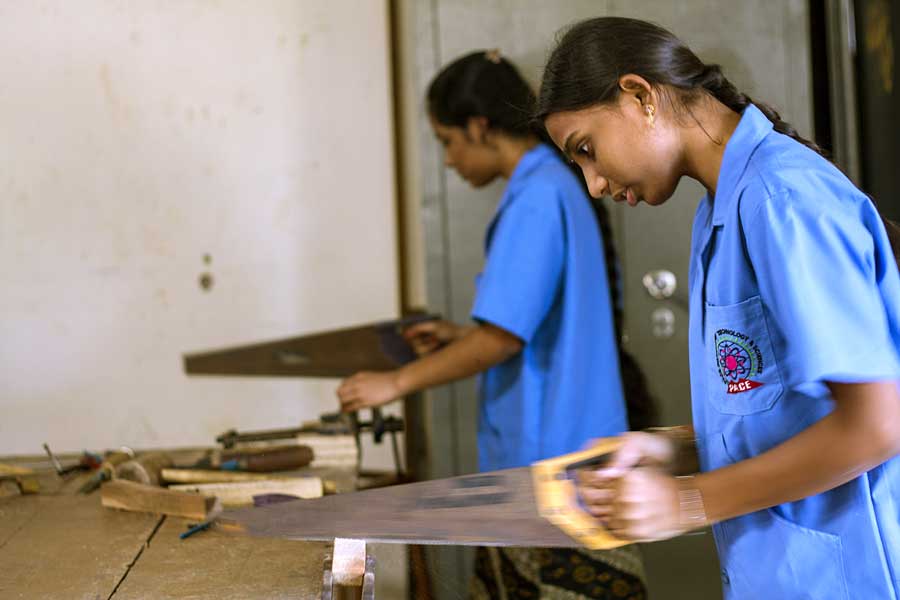
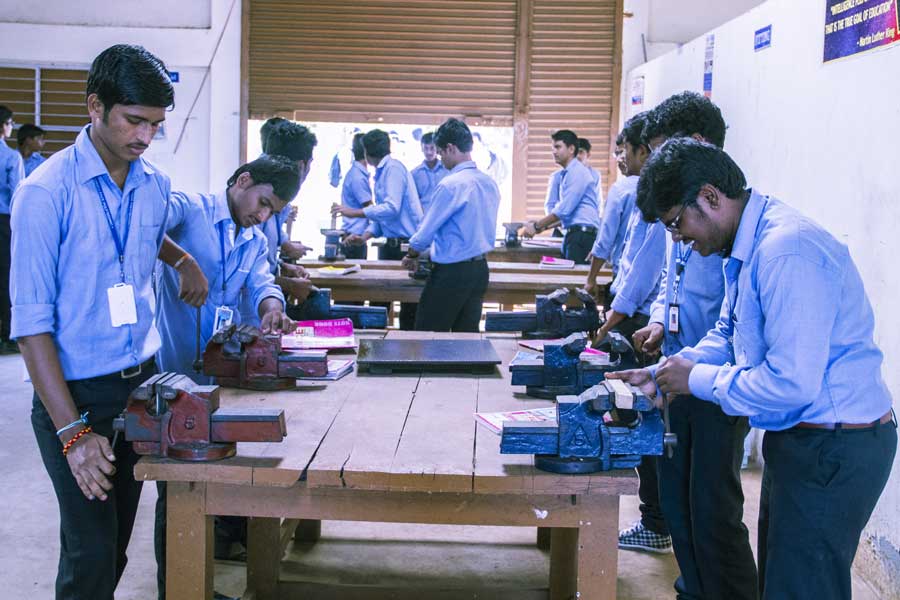
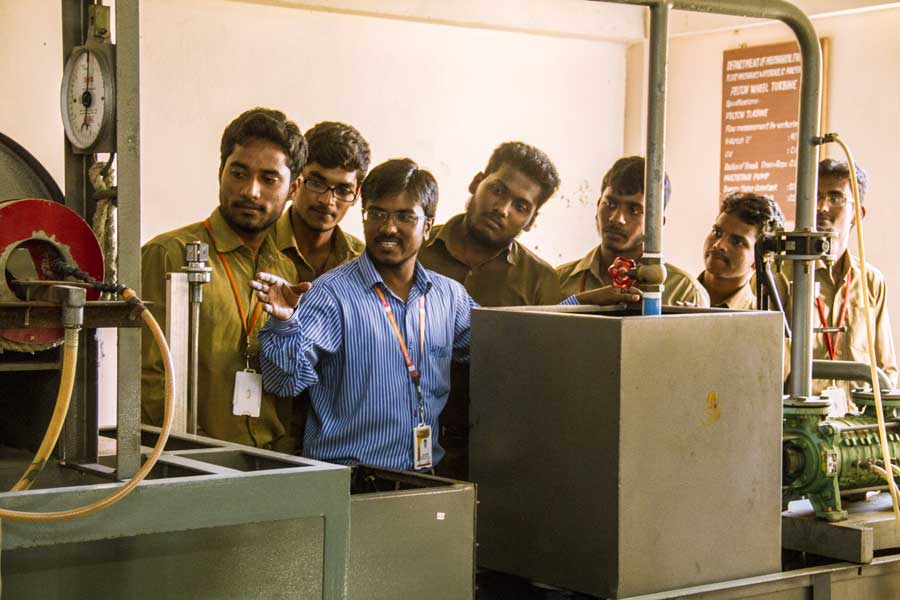
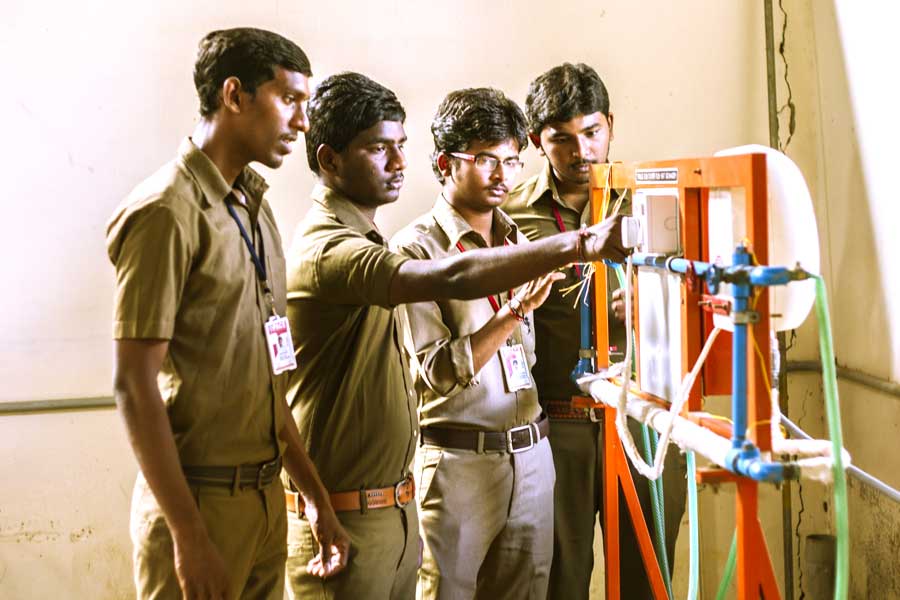
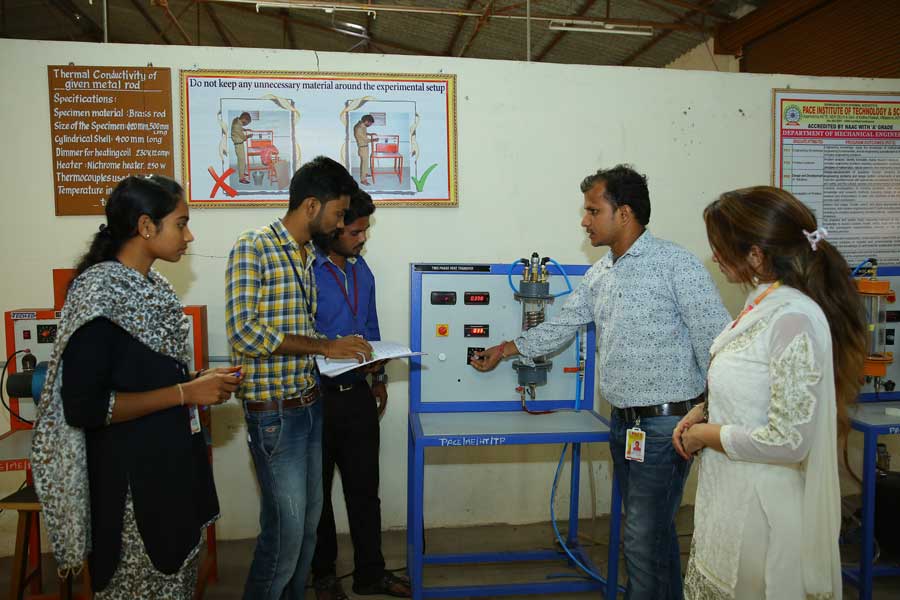
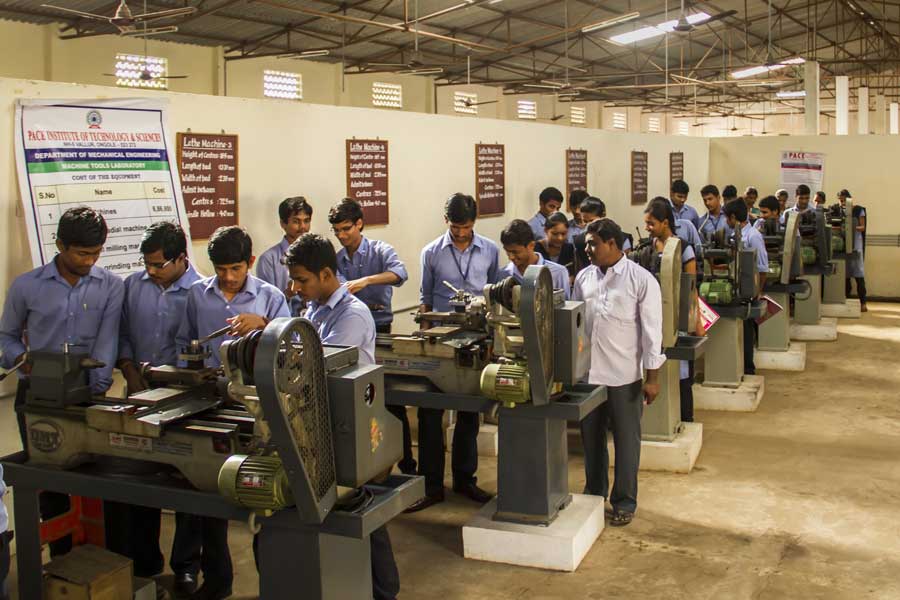
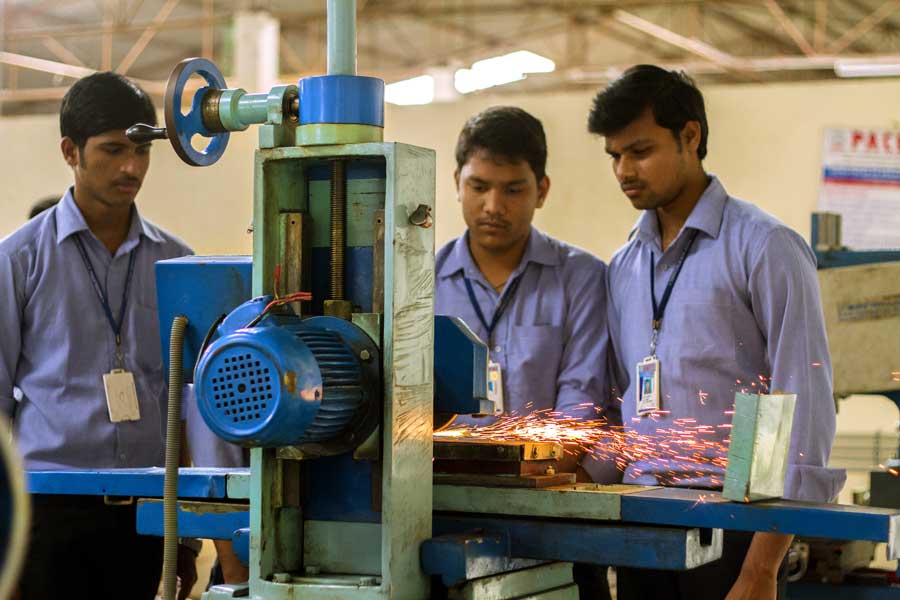
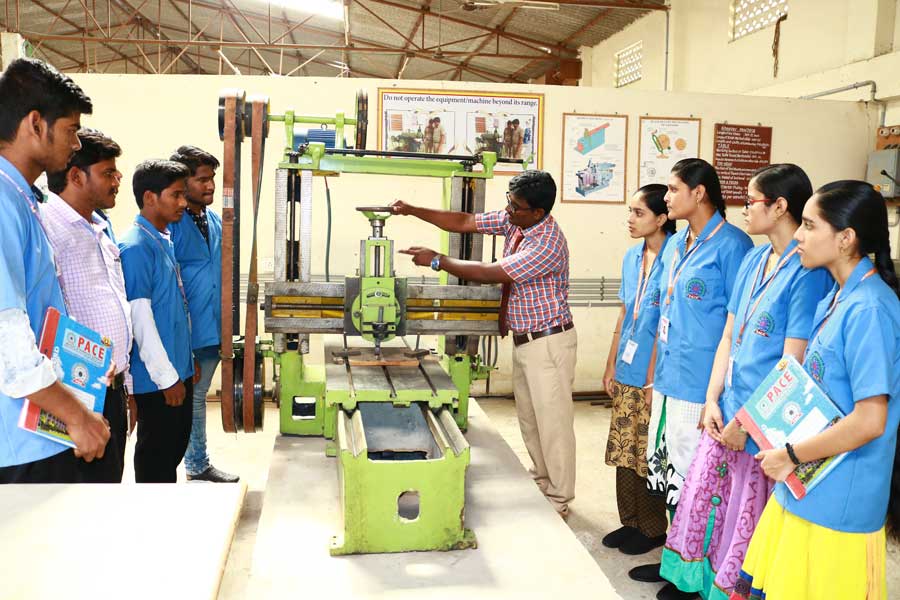
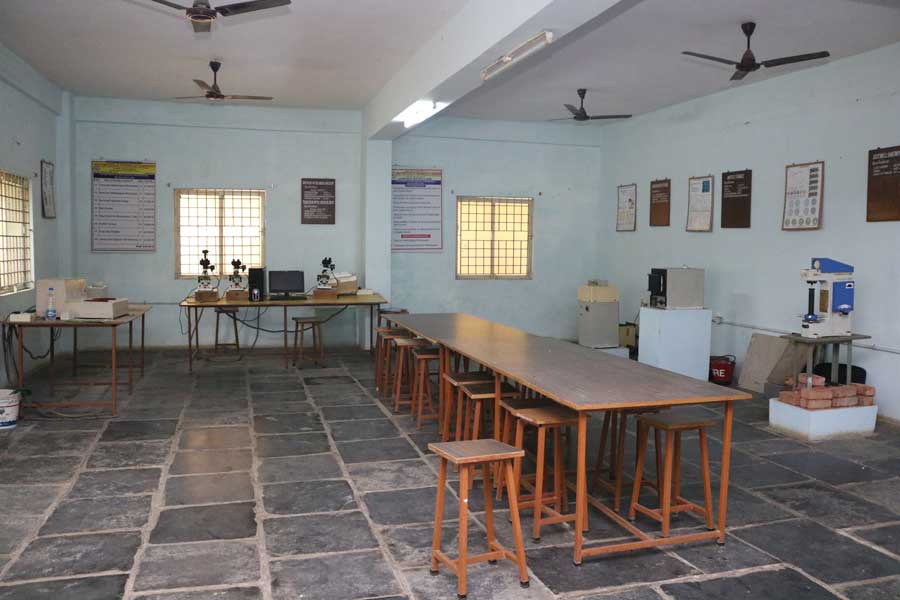
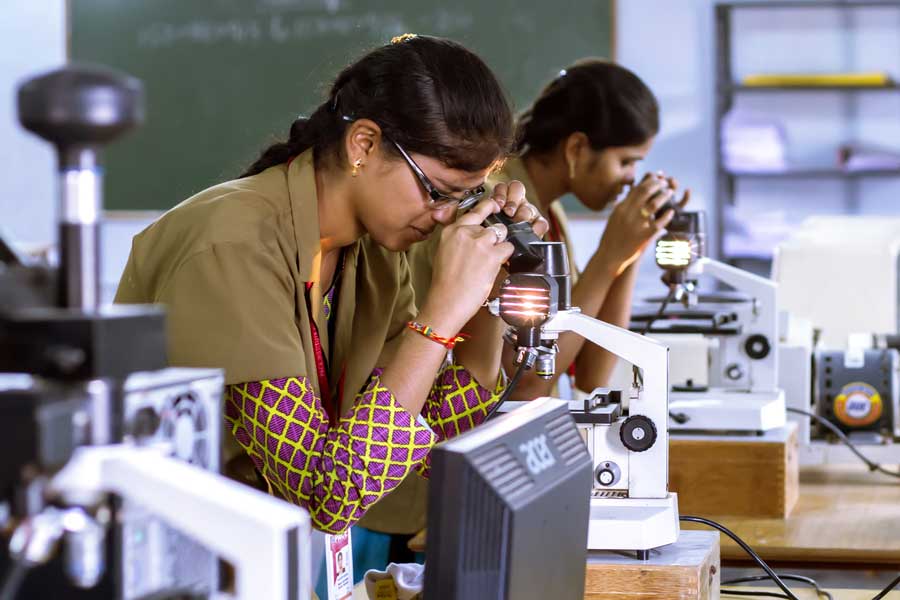
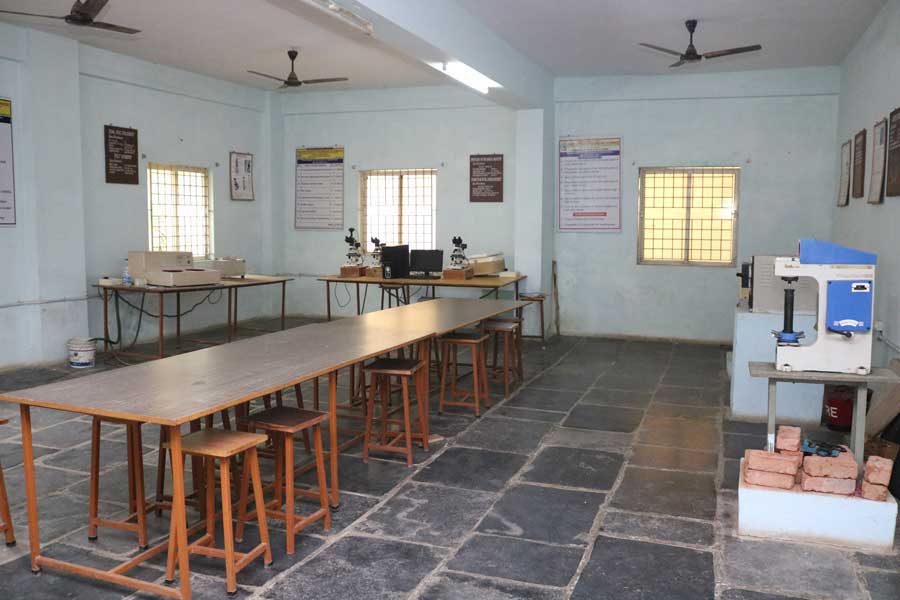

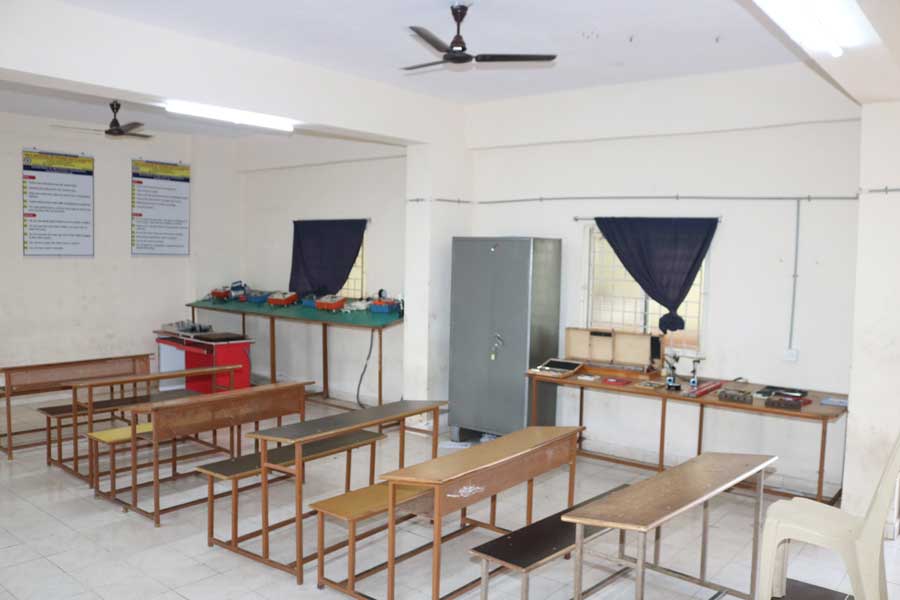
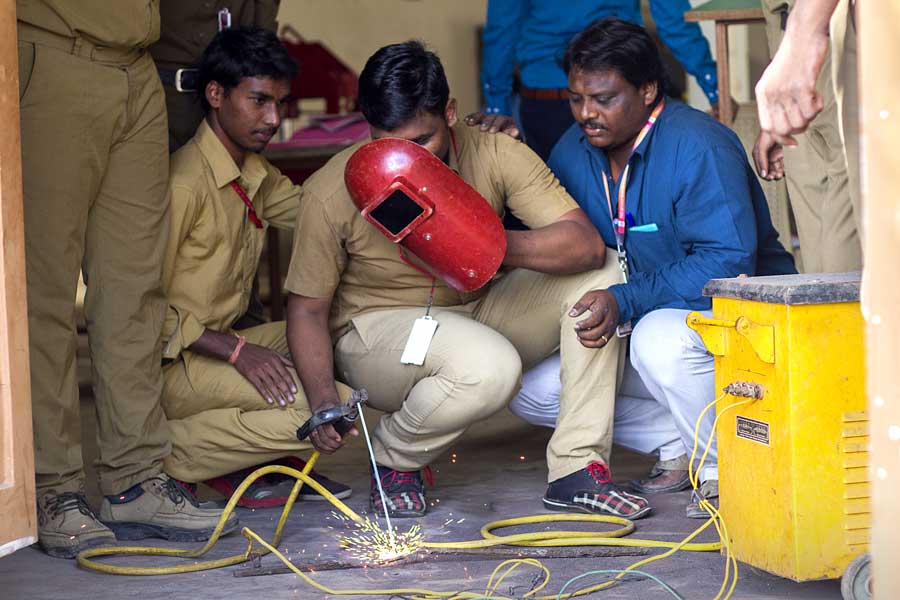
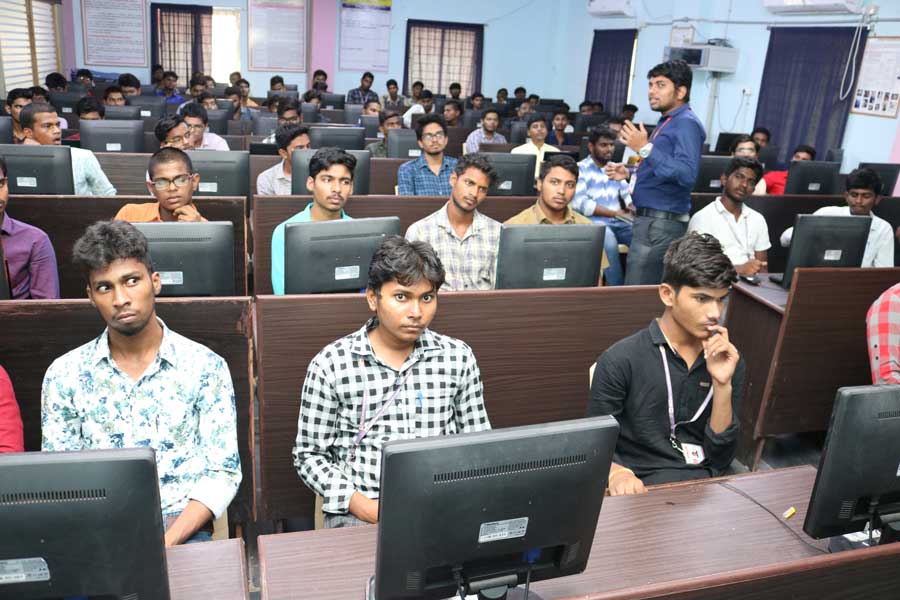
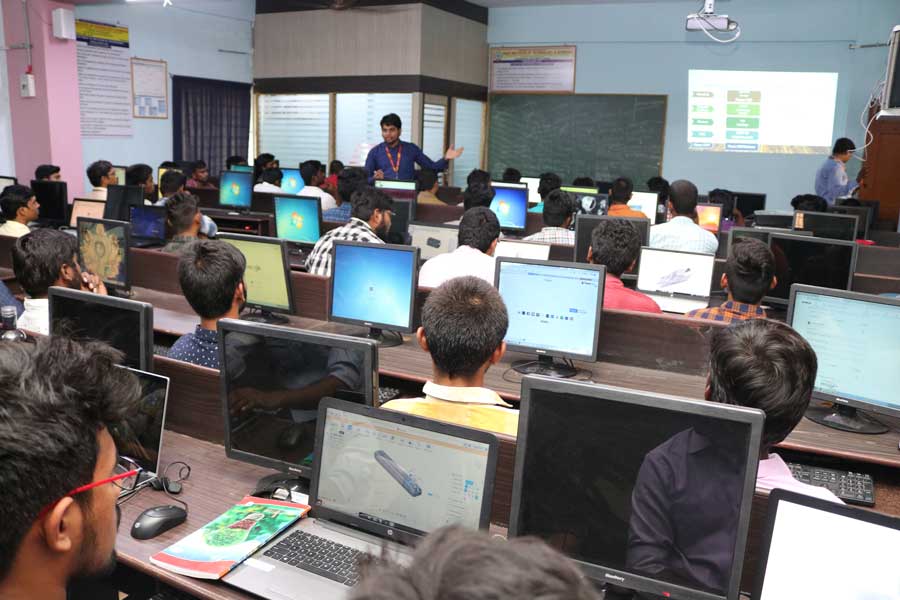
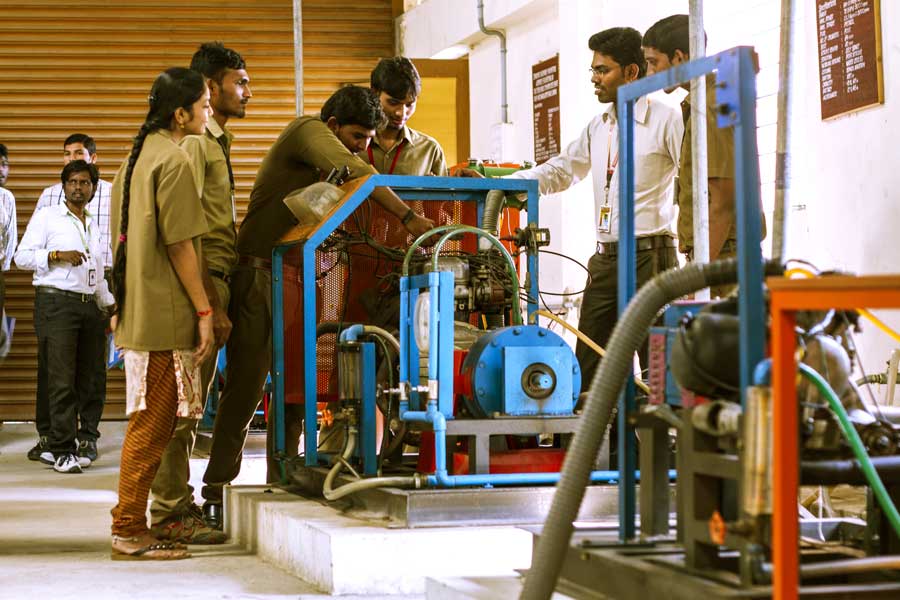
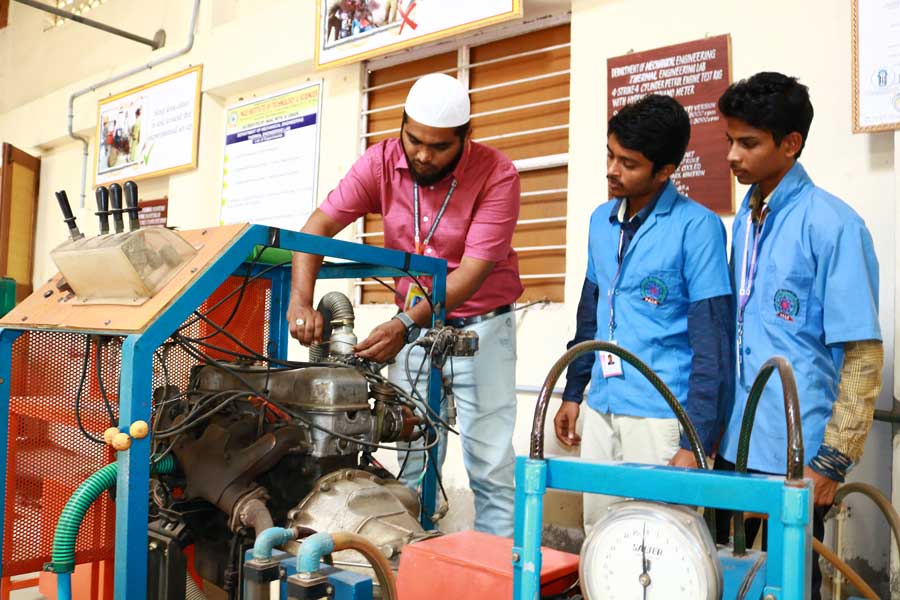
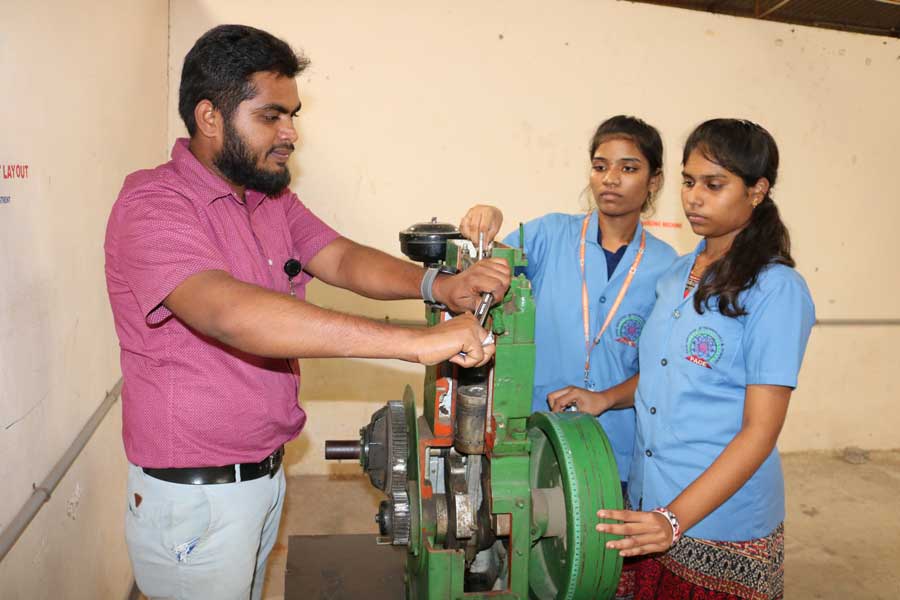
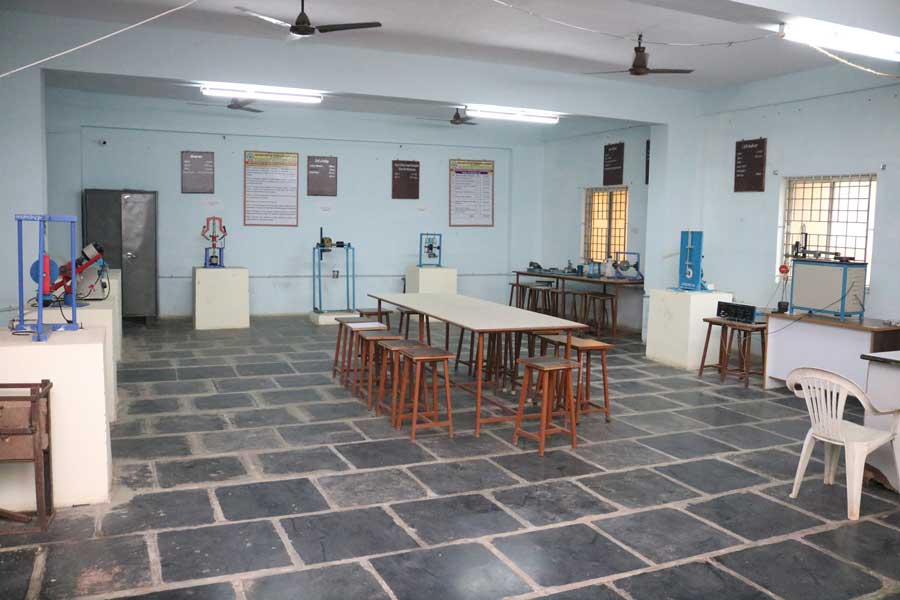
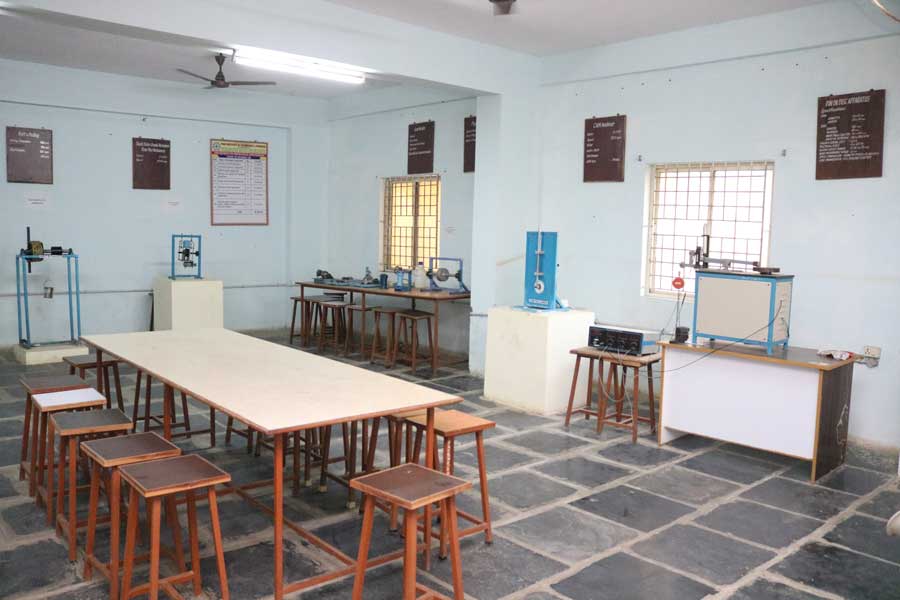
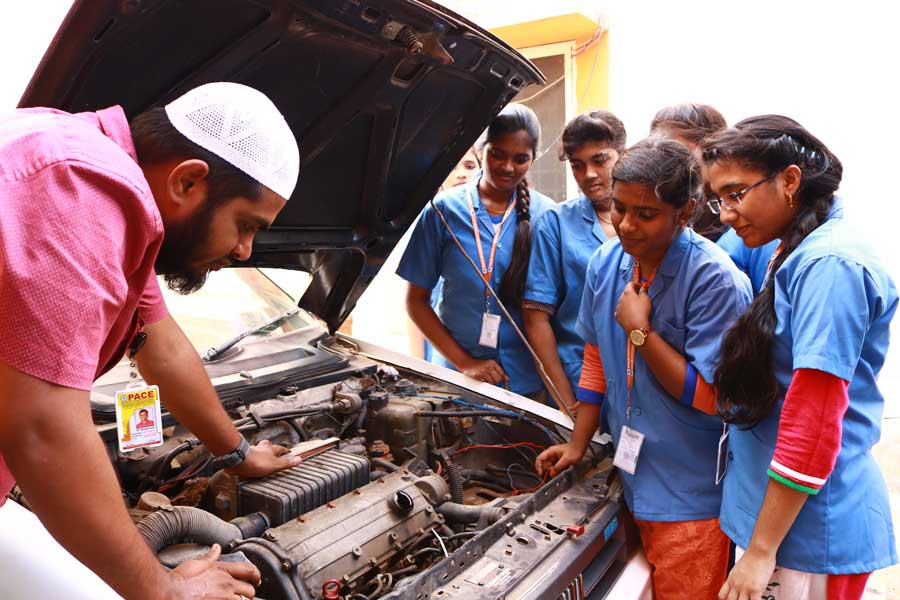
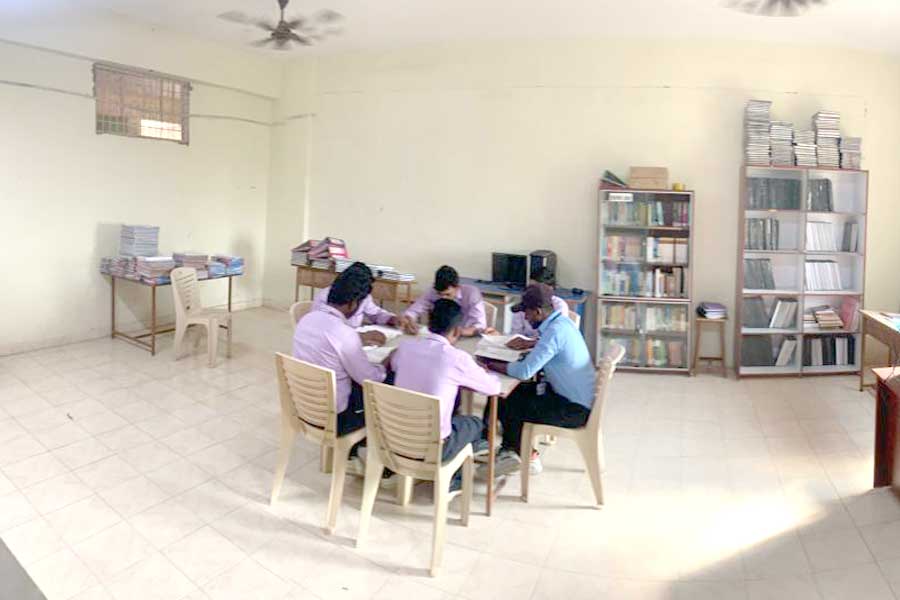
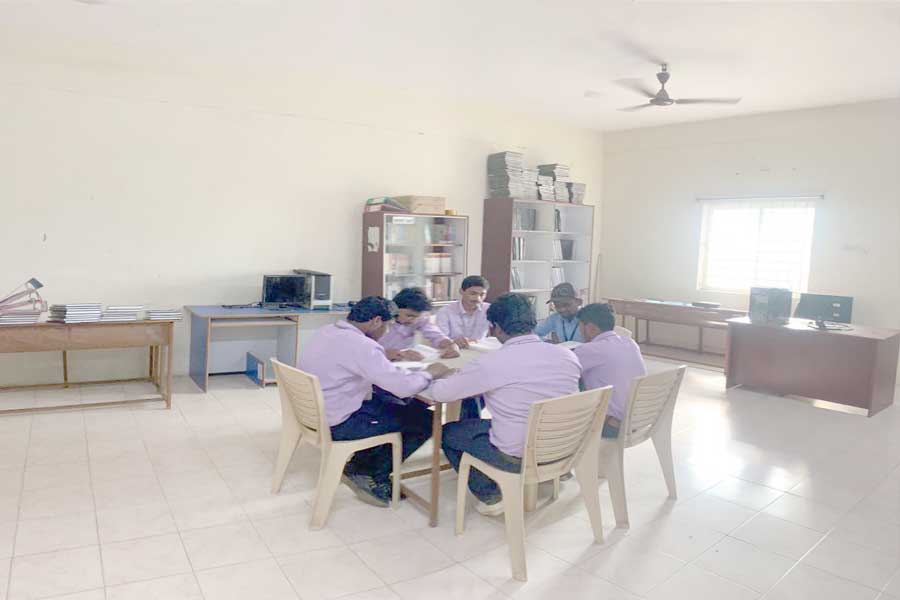
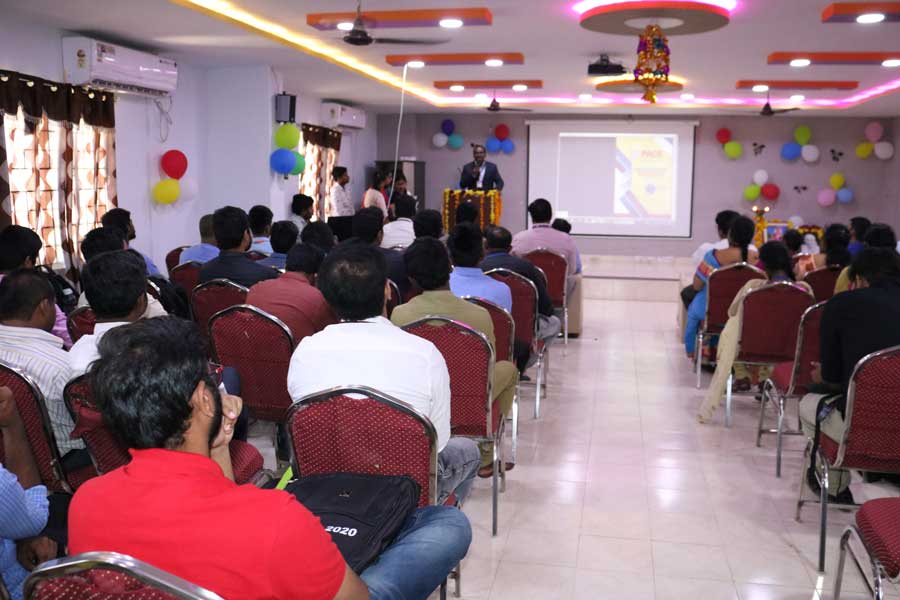
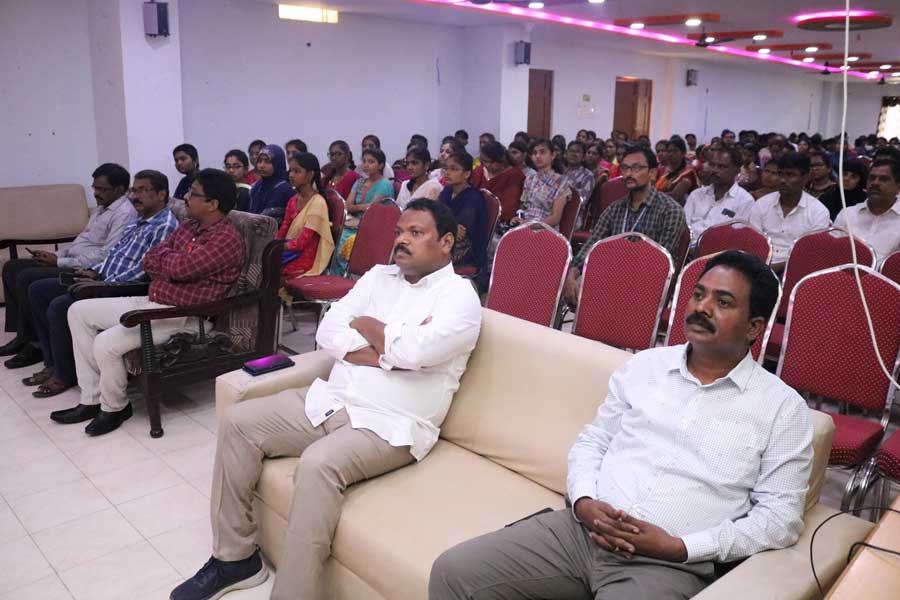
| S NO | ROLL NUMBER | NAME OF THE STUDENT | YEAR OF PASSING | PERCENTAGE / CGPA |
| 1 | 20KQ5A0307 | NIMMALA VENKATA VEERA PAVAN KUMAR | 2023 | 8.86 CGPA |
| 2 | 18KQ1A0342 | YANAMALA SREEHARI | 2022 | 9.11 CGPA |
| 3 | 18KQ5A0303 | SIVAPURAM RAM PRASAD | 2021 | 78.71% |
| 4 | 16KQ1A0326 | KOMMU PAVAN KALYAN | 2020 | 69.74% |
| 5 | 15KQ1A0335 | PALETI MALLIKARJUNA | 2019 | 79.67% |
| 6 | 14KQ1A0351 | SHAIK RASHEED BASHA | 2018 | 83.01% |
| 7 | 13KQ1A0314 | BOREDDY VENKATTA THIRUPATHI REDDY | 2017 | 77.25% |
| 8 | 12KQ1A0316 | JALAPATI RAVI CHANDRA | 2016 | 75.65% |
| 9 | 11KQ1A0317 | DUMPA MANIKANTA | 2015 | 77.68% |
| 10 | 10KQ1A0339 | NALAMOTHU SANDEEP KUMAR | 2014 | 76.95% |
© PACE INSTITUTE OF TECHNOLOGY AND SCIENCES (PACE ITS)